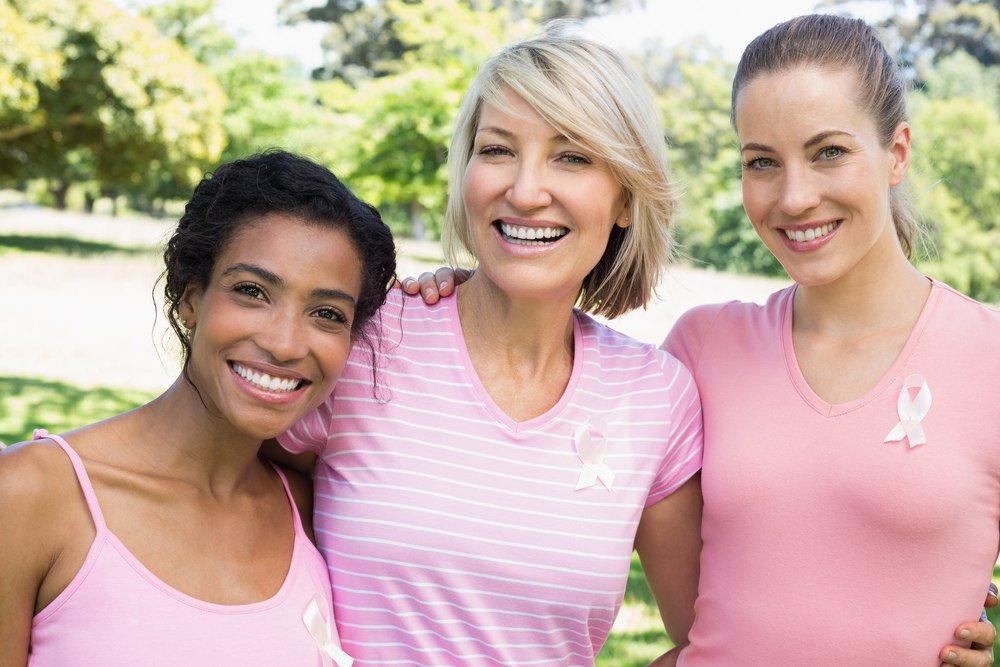November 9th, 2016 | 2 min. read

Cancer is the leading cause of death worldwide, and an estimated 1,685,210 new cases of cancer will be diagnosed in the United States and 595,690 people will die from the disease in 2016 alone. But while there are over 200 different types of cancer, it may surprise you to learn that many of them can be preventable.
What is cancer? And how can nutrition and exercise affect your risk for developing it? These are very important questions to consider and discuss with your physician. Here’s some background information you can use to inform a conversation on how to avoid cancer with diet and exercise:
Throughout your lifetime, your body heals itself by multiplying its cells. Cancer interrupts this process, causing a cell somewhere in the body to exceed that controlled process of multiplying. Cancer begins when cell replication gets out of control and the immune system is unable to detect and remove the rogue cells from circulation within your body.
As the cell line compresses other cells or structures in the body, it inhibits the ability of other cells to do their jobs, causing illness and premature death.
According to The Cancer Atlas, cancer is typically caused by exposure to environmental chemicals from smoking, poor diet including drinking alcohol and excess carbs and sugars that increase inflammation, or too much or too little exposure to sunlight. It’s important that you know your family medical history to understand other risk factors as well, especially for breast, ovarian, colon and endocrine cancers.
The early stages of cancer usually have very few symptoms. When cells start dividing and replicating out of control, they may create painless nodules, or small masses. This can often be accompanied by blood in the stool or feeling fatigue or pain in a particular area.
The standard treatment for cancer is chemotherapy, a toxic substance that poisons the cancer cells while attempting to leave the healthy cells untouched. New advances in technology also help to train the immune system to attack cancer cells, leading to better outcomes for cancer treatment. Depending on the situation, radiation or surgery may also be used to shrink or remove a tumor.
While nausea and hair loss are common side effects of chemotherapy, medical advances in the past 10 years have greatly reduced the pain and discomfort of chemotherapy treatments.
The most important preventative health measure you can take to prevent cancer is to avoid high levels of dangerous substances. Check your home for high amounts of radon, commit to smoking cessation and avoid excess sugar and processed foods.
It’s also vital to exercise regularly and incorporate plenty of fruits and vegetables into your diet. The food you eat contributes directly to the health of your body, and how much you exercise has a powerful impact on the health of your immune system. Consider seeking the guidance of a health coach to keep you on track with living a healthy lifestyle that incorporates diet and exercise.
Source: http://www.cancer.gov/about-cancer/understanding/statistics
Topics: